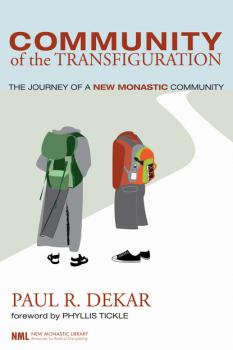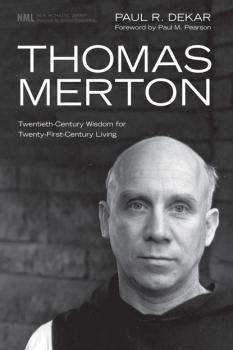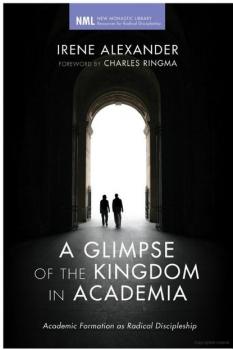ТОП просматриваемых книг сайта:
New Monastic Library: Resources for Radical Discipleship
Скачать книги из серии New Monastic Library: Resources for Radical DiscipleshipАннотация
Информация о книге
Автор произведения Tim Otto
Жанр Словари
Серия New Monastic Library: Resources for Radical Discipleship
Аннотация
Информация о книге
Автор произведения Elaine A. Heath
Жанр Религия: прочее
Серия New Monastic Library: Resources for Radical Discipleship
Living Faithfully in a Fragmented World, Second Edition - Jonathan R. Wilson
New Monastic Library: Resources for Radical DiscipleshipАннотация
Информация о книге
Автор произведения Jonathan R. Wilson
Жанр Словари
Серия New Monastic Library: Resources for Radical Discipleship
Аннотация
For anyone wanting to recover ancient but newly shaped practices of the first disciples, Plunging into the Kingdom Way offers renewed hope. By relating their story in conversation with a host of theologians, sociologists, and philosophers, Tim Dickau sparks the imagination for how you and your friends, your community, or your church can live out the radical vision of Jesus in your neighborhood today. Plunge in and you will discover renewed hope that you can actually follow the way of Jesus today.
Информация о книге
Автор произведения Tim Dickau
Жанр Религия: прочее
Серия New Monastic Library: Resources for Radical Discipleship
Against the Tide, Towards the Kingdom - Jenny Duckworth
New Monastic Library: Resources for Radical DiscipleshipАннотация
Информация о книге
Автор произведения Jenny Duckworth
Жанр Словари
Серия New Monastic Library: Resources for Radical Discipleship
Аннотация
Информация о книге
Автор произведения Steve Harper
Жанр Документальная литература
Серия New Monastic Library: Resources for Radical Discipleship
Community of the Transfiguration - Paul R. Dekar
New Monastic Library: Resources for Radical DiscipleshipАннотация
Информация о книге
Автор произведения Paul R. Dekar
Жанр Религия: прочее
Серия New Monastic Library: Resources for Radical Discipleship
Аннотация
Информация о книге
Автор произведения Paul R. Dekar
Жанр Религия: прочее
Серия New Monastic Library: Resources for Radical Discipleship
Аннотация
Pastor John Alexander, a thirty-year veteran of living in Christian communities, yearns for all the wonder and promise of the New Testament vision of church to come true. After struggling with Scripture in live-together church communities, he shares the Scriptural practices and wisdom that make for an authentic, sustainable, and joyful life together. For any person or church wanting to move beyond the cliche of «community» to the radical vision of the New Testament, this book is an invaluable guide
Информация о книге
Автор произведения John F. Alexander
Жанр Религия: прочее
Серия New Monastic Library: Resources for Radical Discipleship
A Glimpse of the Kingdom in Academia - Irene Alexander
New Monastic Library: Resources for Radical DiscipleshipАннотация
A Glimpse of the Kingdom in Academia tells the story of the social sciences department of a small Christian university that took seriously the mandate to prepare their students to be salt and light in a secular society. Here are stories of the transformation in students' lives, as well as description of classroom practices, and the epistemological theory behind those practices. The book explores academic knowing, Christian worldview, relational epistemology, inner knowing, and wisdom–all ways of knowing that a Christian university should teach. The process of transformation, the context of community, and the bigger picture of life's journey and changing images of God are identified as important aspects of kingdom life in academia. The institutional setting is also critiqued with the recognition that power practices need to align with the kingdom of the Christ who emptied himself.
Информация о книге
Автор произведения Irene Alexander
Жанр Религия: прочее
Серия New Monastic Library: Resources for Radical Discipleship










